Your cart is currently empty!
Written by Riyan Sharma {15|09|2023}
Decentralized Finance
Decentralized Finance
Welcome to the exciting world of Decentralized Finance (DeFi), a trending topic that has captured the attention of individuals seeking financial innovation, transparency, and decentralized control. DeFi is revolutionizing traditional finance by offering a decentralized ecosystem for various financial services, accessible to anyone with an internet connection. In this blog, we will explore what DeFi is, its key components, benefits, and how you can get involved in this groundbreaking movement.

Understanding Decentralized Finance (DeFi):
Decentralized Finance, or DeFi, is a financial ecosystem built on blockchain technology, typically utilizing smart contracts on platforms like Ethereum. Unlike traditional financial systems, DeFi operates without intermediaries such as banks or financial institutions. It aims to make financial services accessible to everyone, irrespective of their location or economic status.
Key Components of DeFi:
A. Smart Contracts : Self-executing contracts with the terms directly written into code.
B. Decentralized Exchanges (DEXs) : Platforms that enable users to trade various cryptocurrencies without a central authority.
C. Lending and Borrowing Platforms : Allow users to lend or borrow cryptocurrencies without intermediaries, enabling interest earnings and capital utilization.
D. Stablecoins : Cryptocurrencies pegged to stable assets like fiat currency, providing stability in a volatile crypto market.
E. Asset Management Platforms : Enable users to manage their crypto assets, diversify portfolios, and automate trading strategies.
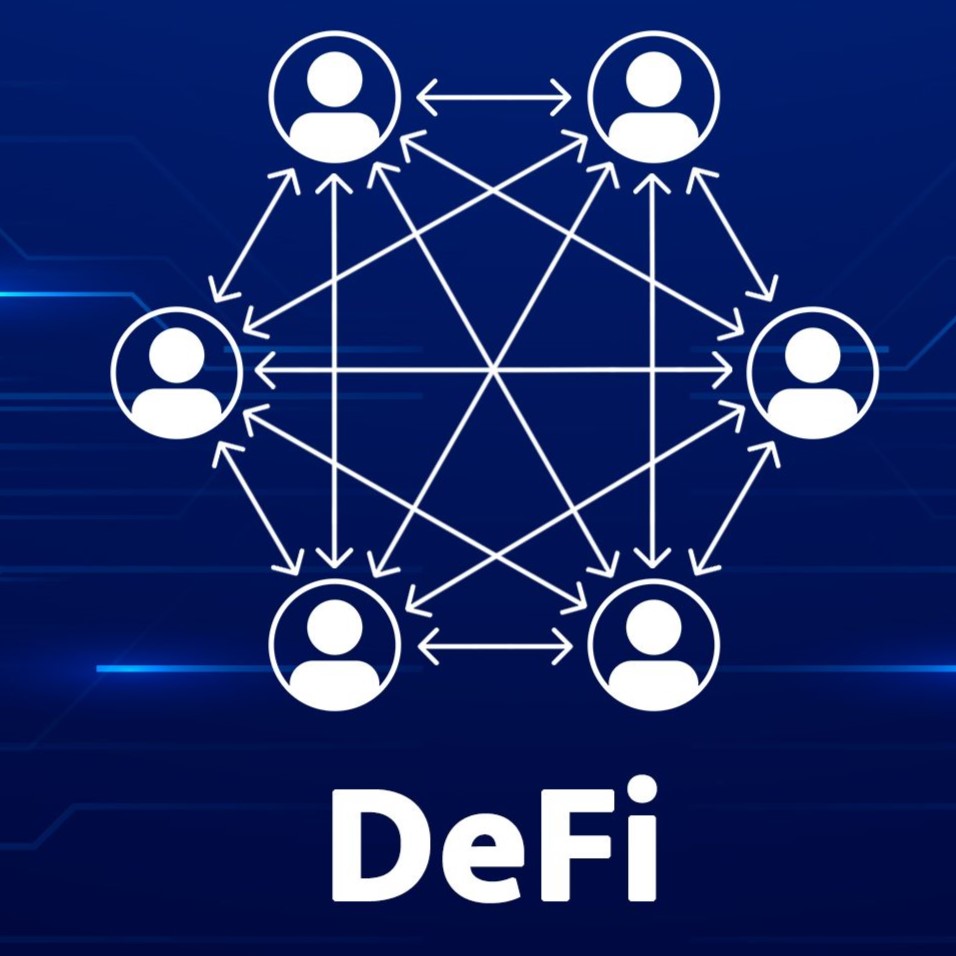
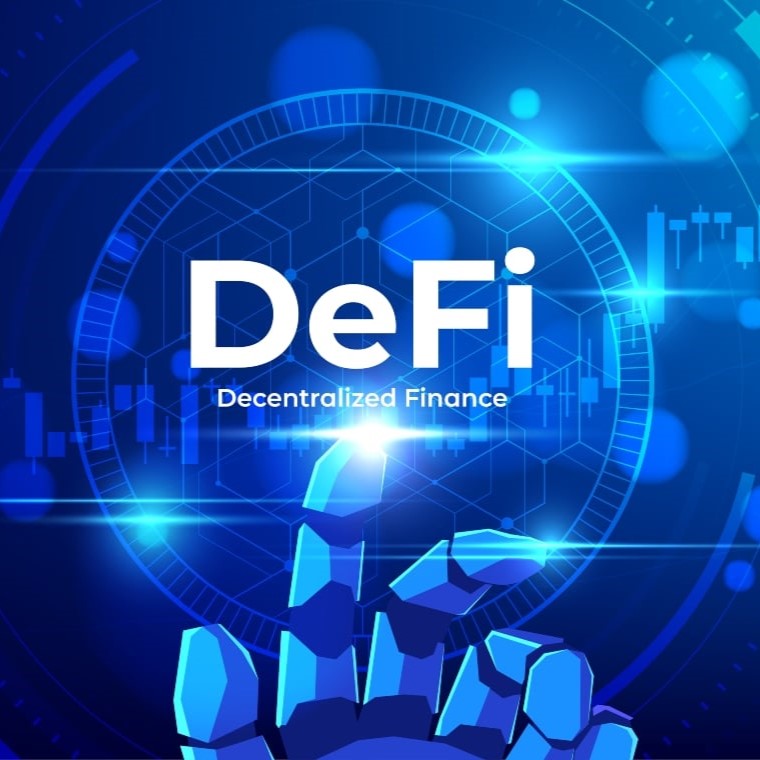
Benefits of DeFi:
A. Accessibility : DeFi offers financial services to the unbanked and underbanked, expanding financial inclusion globally.
B. Security and Transparency : Transactions and data are stored on a public blockchain, enhancing transparency and reducing fraud risks.
C. Decentralization : Removing intermediaries reduces costs and ensures control over one’s financial assets and data.
D. Innovation and Customization : DeFi encourages innovation and enables developers to create new financial instruments and applications.
Risks and Challenges of DeFi:
A. Smart Contract Risks : Vulnerabilities in smart contracts can lead to financial losses or security breaches.
B. Regulatory Uncertainty : Evolving regulations can impact the DeFi landscape and user experience.
C. Market Volatility : The highly volatile nature of cryptocurrencies can result in rapid price fluctuations, affecting investments.
How to Get Involved in DeFi:
A. Research and Education : Begin by understanding the basics of blockchain technology, cryptocurrencies, and how DeFi works.
B. Selecting a Wallet : Choose a reputable cryptocurrency wallet to store and manage your digital assets securely.
C. Exploring DeFi Platforms : Start with user-friendly DeFi platforms and gradually explore lending, borrowing, trading, and yield farming.
D. Risk Management : Only invest what you can afford to lose and diversify your investments to minimize risk.
Decentralized Finance is a transformative trend that’s reshaping the traditional financial landscape. By understanding the fundamental aspects, benefits, and risks associated with DeFi, you can make informed decisions and actively participate in this innovative and promising financial ecosystem. Stay updated, educate yourself, and embrace the future of finance!
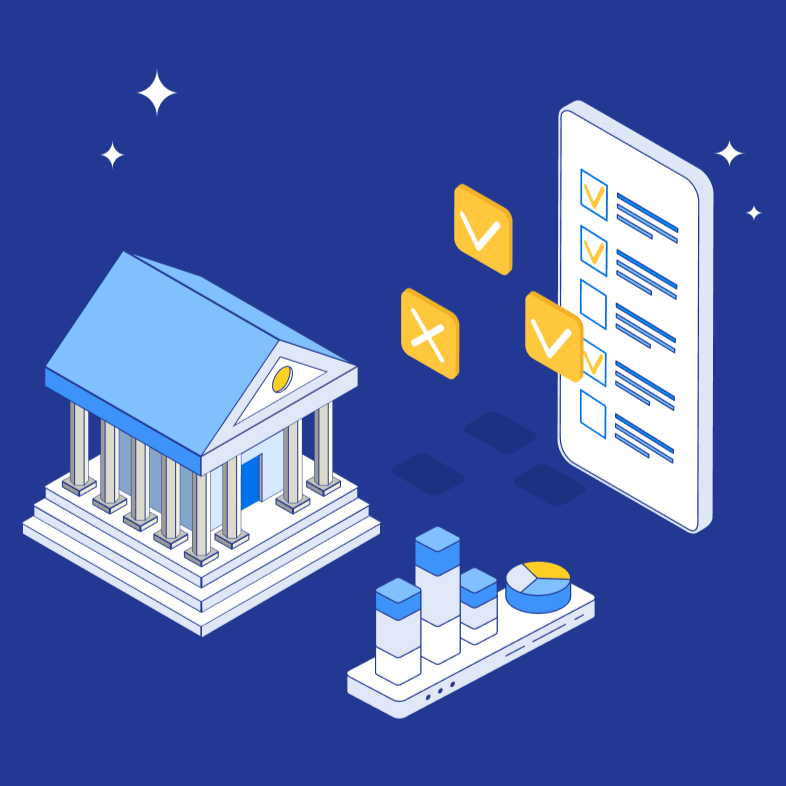

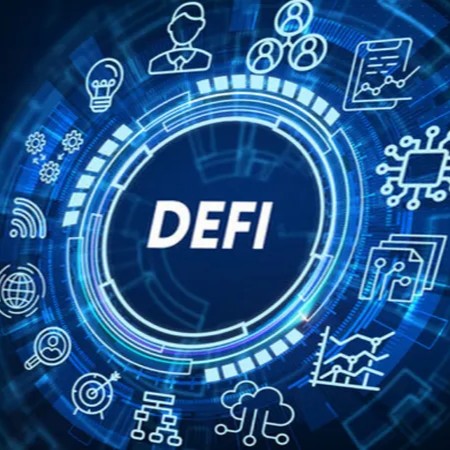
Written by Riyan Sharma {15|09|2023}
Decentralized Finance
Decentralized Finance
Welcome to the exciting world of Decentralized Finance (DeFi), a trending topic that has captured the attention of individuals seeking financial innovation, transparency, and decentralized control. DeFi is revolutionizing traditional finance by offering a decentralized ecosystem for various financial services, accessible to anyone with an internet connection. In this blog, we will explore what DeFi is, its key components, benefits, and how you can get involved in this groundbreaking movement.

Understanding Decentralized Finance (DeFi):
Decentralized Finance, or DeFi, is a financial ecosystem built on blockchain technology, typically utilizing smart contracts on platforms like Ethereum. Unlike traditional financial systems, DeFi operates without intermediaries such as banks or financial institutions. It aims to make financial services accessible to everyone, irrespective of their location or economic status.
Key Components of DeFi:
A. Smart Contracts : Self-executing contracts with the terms directly written into code.
B. Decentralized Exchanges (DEXs) : Platforms that enable users to trade various cryptocurrencies without a central authority.
C. Lending and Borrowing Platforms : Allow users to lend or borrow cryptocurrencies without intermediaries, enabling interest earnings and capital utilization.
D. Stablecoins : Cryptocurrencies pegged to stable assets like fiat currency, providing stability in a volatile crypto market.
E. Asset Management Platforms : Enable users to manage their crypto assets, diversify portfolios, and automate trading strategies.


Benefits of DeFi:
A. Accessibility : DeFi offers financial services to the unbanked and underbanked, expanding financial inclusion globally.
B. Security and Transparency : Transactions and data are stored on a public blockchain, enhancing transparency and reducing fraud risks.
C. Decentralization : Removing intermediaries reduces costs and ensures control over one’s financial assets and data.
D. Innovation and Customization : DeFi encourages innovation and enables developers to create new financial instruments and applications.
Risks and Challenges of DeFi:
A. Smart Contract Risks : Vulnerabilities in smart contracts can lead to financial losses or security breaches.
B. Regulatory Uncertainty : Evolving regulations can impact the DeFi landscape and user experience.
C. Market Volatility : The highly volatile nature of cryptocurrencies can result in rapid price fluctuations, affecting investments.
How to Get Involved in DeFi:
A. Research and Education : Begin by understanding the basics of blockchain technology, cryptocurrencies, and how DeFi works.
B. Selecting a Wallet : Choose a reputable cryptocurrency wallet to store and manage your digital assets securely.
C. Exploring DeFi Platforms : Start with user-friendly DeFi platforms and gradually explore lending, borrowing, trading, and yield farming.
D. Risk Management : Only invest what you can afford to lose and diversify your investments to minimize risk.
Decentralized Finance is a transformative trend that’s reshaping the traditional financial landscape. By understanding the fundamental aspects, benefits, and risks associated with DeFi, you can make informed decisions and actively participate in this innovative and promising financial ecosystem. Stay updated, educate yourself, and embrace the future of finance!




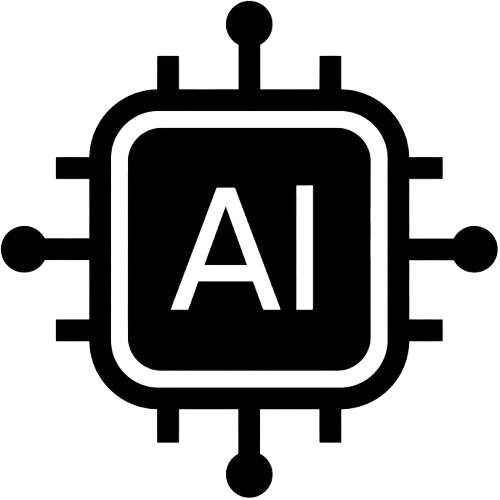
Leave a Reply